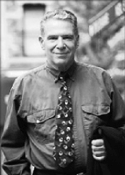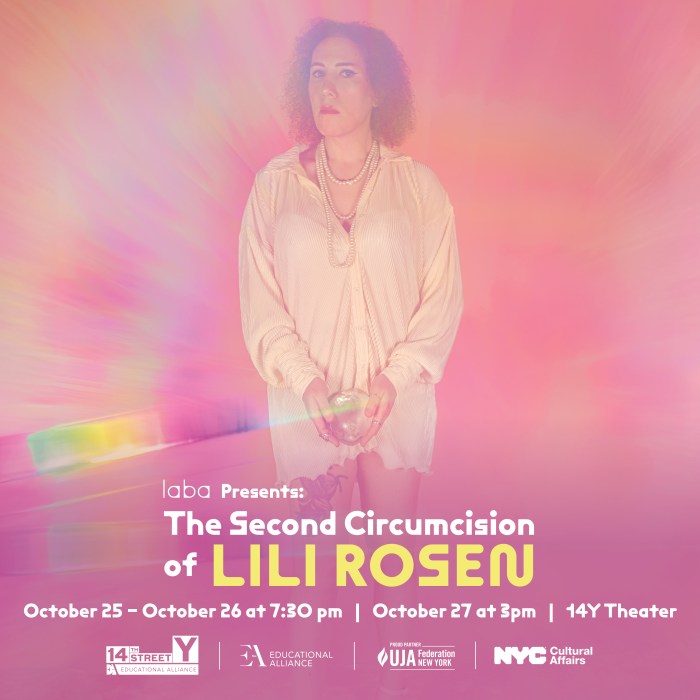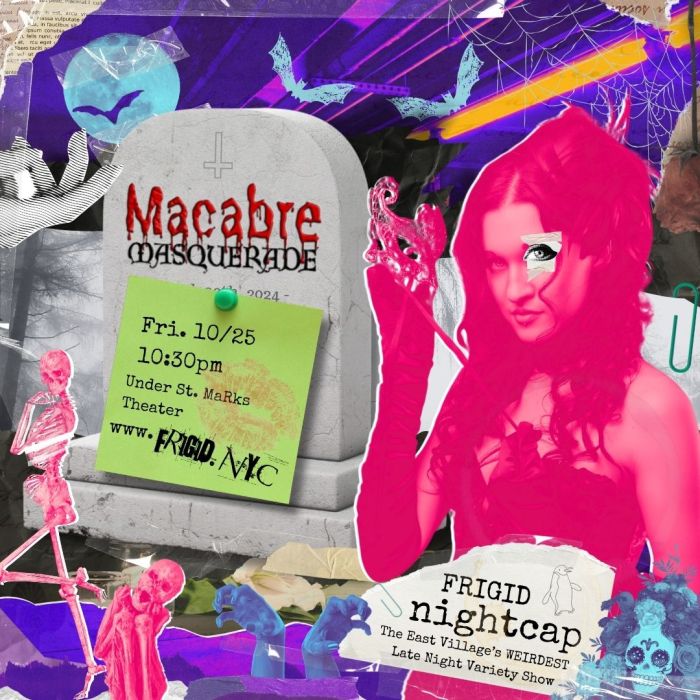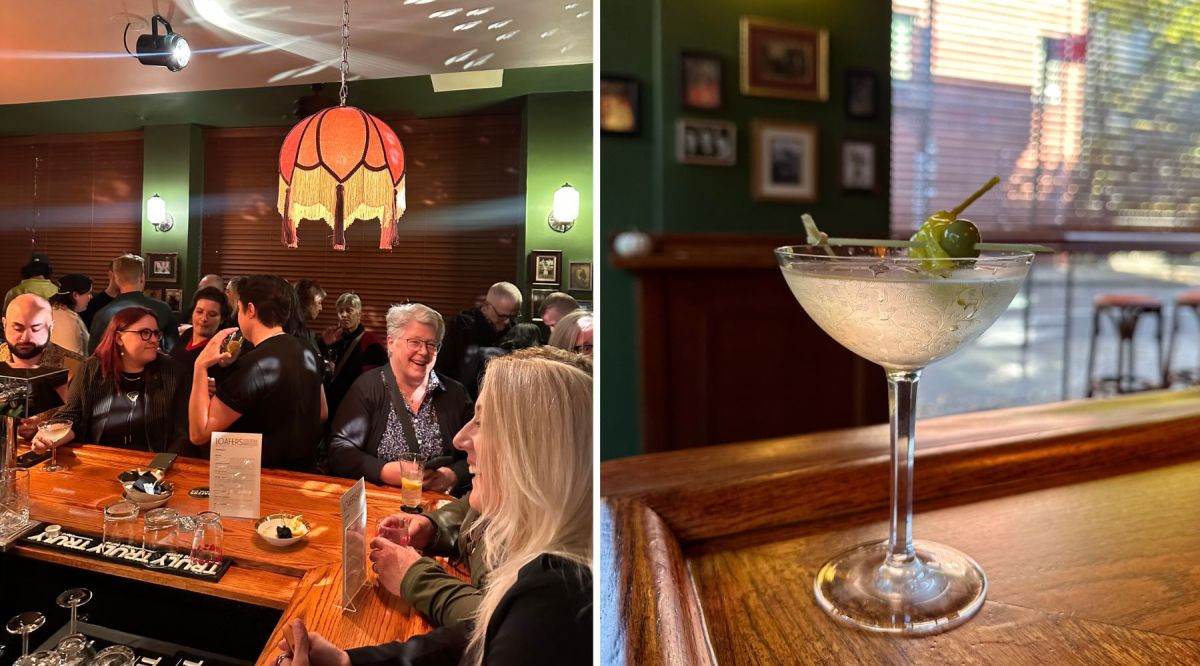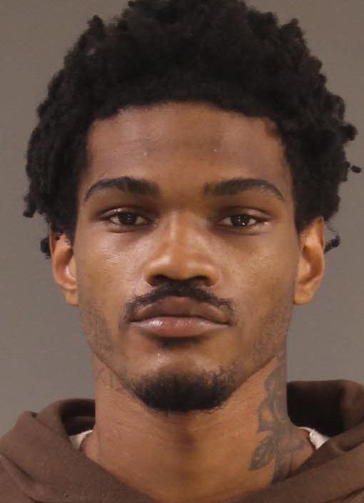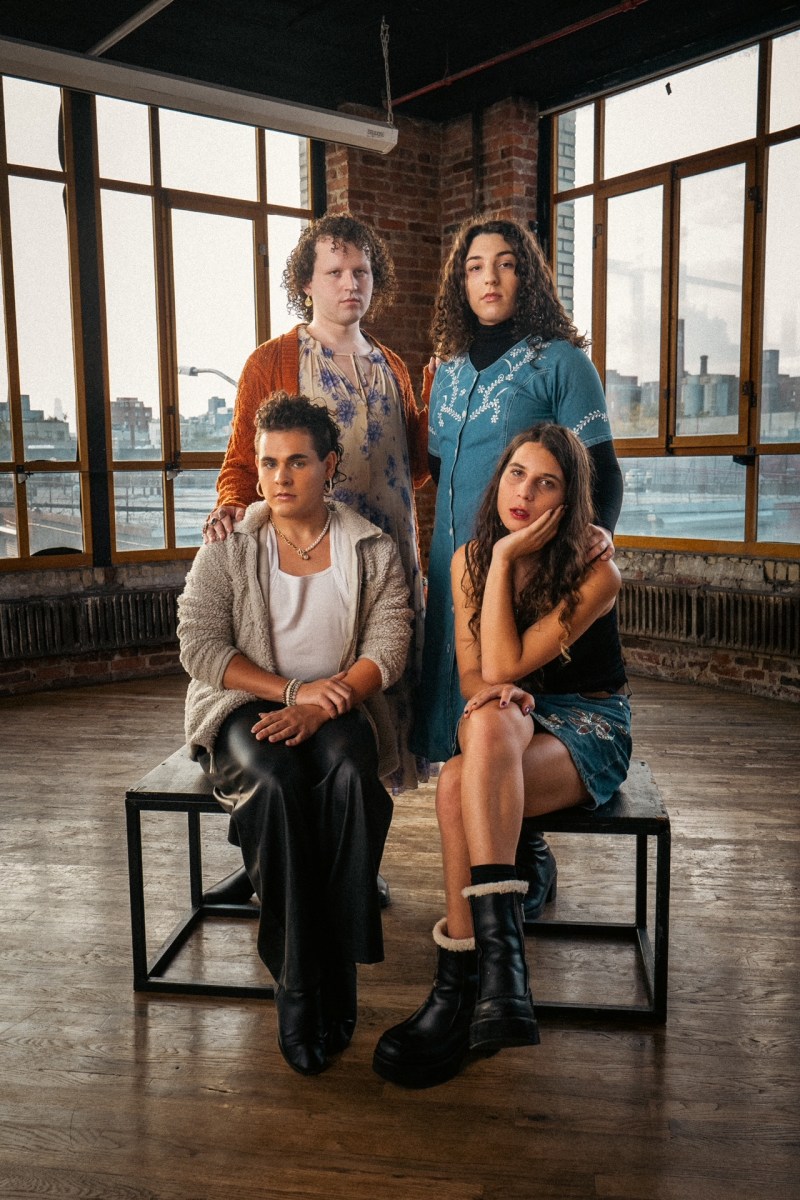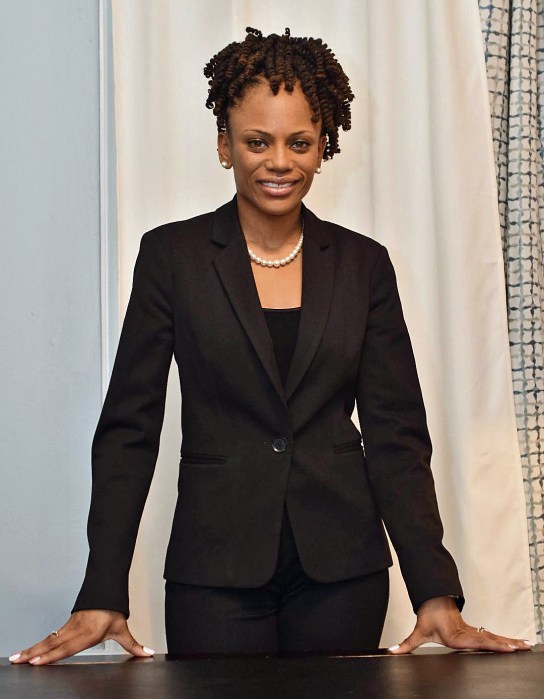Ken Diamondstone, gay Brooklynite, takes on state Senate veteran Martin Connor
The Democratic Primary race in the 25th State Senate District that covers portions of Manhattan and Brooklyn has been a wild seesaw of charges and countercharges over how close each of the two candidates is to the communities that make up the district and who best can advocate for reform in Albany.
The September 12 primary pits a longtime time Albany state Senate insider against a dogged community activist who himself has contested several elections in recent years.
Ken Diamondstone is the challenger from Brooklyn who has made Albany reform the cornerstone of his campaign against an incumbent he says is a “backroom dealer,” entrenched for the past 28 years.
Senator Martin Connor, also from Brooklyn, in turn, argues that his years of service and his knowledge of what reform efforts have failed in the past will enable him to press for real change in Albany, especially if, as widely expected, a Democratic governor is elected in November—and, far less certain, the Senate Republican majority is further whittled down or even overturned.
The district the two are battling to represent encompasses the East Village, most of Lower Manhattan below Houston, and Brooklyn neighborhoods along the East River from Williamsburg south to Carroll Gardens.
Connor insists that he is the candidate with real roots in that community, noting that Diamondstone and his partner changed their official residence—from the home they have owned for decades on Dean Street in Boerum Hill—to an address several blocks away on Clinton Street in order to qualify as a candidate.
Connor, an election lawyer, tried but failed earlier this summer to have Diamondstone removed from the ballot for making that change one day too late last November. Connor, in an August interview with Gay City News, suggested that Diamondstone’s move was a sham, and should disqualify him from representing the district.
“I think voters ought to think about why he didn’t run for the Senate where he lives, something he did in his race for Congress and for the City Council,” Connor said, alluding to two unsuccessful races Diamondstone mounted—in 2001 for the open Council seat won by David Yassky, and in 1998 against Ed Towns for his U.S. House seat.
But Diamondstone argues that the ballot access issue is indicative of what he characterizes as the corruption at the heart of Connor’s politics. In an interview with Gay City News, the challenger charged that Connor abused his professional relationship with the Board of Elections to force Diamondstone’s original disqualification from the ballot—a move that both a trial and an appeals court ruled exceeded the board’s authority.
In response to charges like that—including that he has made inappropriate use of an SUV purchased with campaign funds—Connor is vehement.
“I take great offense at one club where he accused me of corruption,” he said. “Nobody ever, ever accused me of anything untoward.”
Diamondstone also challenges Connor’s claim that he is the only true district resident in the race, saying that the incumbent has lost touch with the community in his many years in Albany and has been missing in action on many critical battles in the 25th’s disparate neighborhoods.
Diamondstone talked about his work to ensure 170 new units of senior housing as a member of a Brooklyn community board, his leadership on the Brooklyn Solid Waste Advisory Board, and his opposition to the Atlantic Yards development near the Long Island Railroad terminus at Flatbush Avenue, and concluded, “In all of this and so much more work, I’ve come to know the elected officials, I’ve come to work with them closely, and there was one big empty space and that was the state senator. He was never there. Marty was never there.”
The challenge from Diamondstone is the latest problem for a state Senate veteran who’s had a tough several years. After serving as Senate minority leader for eight years, he lost that post in late 2002 to Harlem’s David Paterson. Diamondstone characterized that vote as the culmination of growing Democratic dissatisfaction with Connor’s record of “selling out the best interests of the city,” exemplified by his 1999 vote to end the commuter tax on the incomes of suburbanites who work in the city. The challenger said the resulting lost revenues to New York City now exceed half a billion dollars each year.
Yet, four years after his repudiation in Albany, Connor has the support of Paterson and other Senate colleagues from the city, as well as every assemblymember and city councilmember who represents voters in the 25th Senate District.
And even though Diamondstone is gay and has a record of leadership in the LGBT community dating back to the 1970s, the Democratic establishment’s support for Connor extends to City Council Speaker Christine Quinn, state Senator Tom Duane, Assemblywoman Deborah Glick, and City Councilwoman Rosie Mendez, all of them openly lesbian or gay.
None of those names faze Diamondstone, or so he insists.
“We didn’t expected any electeds to endorse me,” he said, “They are circling the wagons,” in defense of a fellow incumbent.
Both Connor and Diamondstone support marriage rights for same-sex couples, but the challenger emphasized the importance of increasing the visibility of gay elected officials as that issue moves out of the courts and squarely into the Legislature. Diamondstone has been a gay civil rights activist since the early 1970s when he was an early member of Brooklyn’s Lambda Independent Democrats (LID), and he and his partner Joe Kopitz have been longtime supporters, of the Empire State Pride Agenda (ESPA).
He helped found Touch Community Dinners, which has served tens of thousands of meals to Brooklynites living with AIDS and he has been active with the Audre Lorde Project, a Fort Greene community center for LGBT people of color, SAGE, the senior advocacy group, and the Griot Circle Senior Program, which also serves LGBT elders.
Diamondstone said that Connor did not back the community when the chips were down—noting that as Senate minority leader in 1998 he deployed political troops he commanded to help Queens Senator George Onorato, a arch-conservative Democrat, withstand a primary challenge from Ed Sedarbaum, a longtime gay activist.
But only one gay Democratic club—his home base, LID—is supporting Diamondstone. The Gay and Lesbian Independent Democrats, the Stonewall Democrats of New York City, and the Jim Owles Liberal Democratic Club have all weighed in for Connor.
The senator demonstrated considerably fluency when discussing LGBT rights issues that have come before the Senate. He recalled that when the Sexual Orientation Non-Discrimination Act (SONDA) passed in 2002, after a 31-year fight, he was one of only a handful of senators who supported a last-ditch effort by Duane to add protections based on gender identity and expression. On the marriage question, Connor said that the community should push for full equality without taking an intermediate step such as a civil union law.
“I have the same position on this as Tom Duane,” Connor said. “You don’t negotiate with yourself.”
Asked whether the Democrats would first need to win control of the Senate—as they have long held in the Assembly—in order to pass a marriage law,” Connor said. “[A Democratic majority] will accomplish it . It will accomplish it. Can it be done without a Senate majority? I don’t know.”
Asked about a recent legislative proposal from Dr. Thomas Frieden, New York City’s health commissioner, that would end the requirement that HIV tests only be administered with the patient’s written consent, Connor expressed strong reservations. That proposal has stirred widespread opposition from community AIDS advocates who have raised privacy concerns, and Connor said, “He would have to do a lot of persuading to make me think this is the right way to go rather than having written consent.”
The senator is also a supporter of the Gender Expression Non-Discrimination Act (GENDA)—that would finally achieve what Duane proposed in his SONDA amendment four years go—and also of the Dignity for All Students Act, to provide anti-bullying protections for students attacked because of bias based on their race, religion, gender, sexual orientation, or gender identity and expression.
ESPA declined to make an endorsement in this race because the question of who would be on the ballot was still uncertain at the time it distributed its voter guide last month.
In attacking Connor’s commitment to the communities he serves, Diamondstone mentioned both the Ground Zero redevelopment efforts and the battle over Atlantic Yards. In Brooklyn, local residents who live in the shadow of the massive project—and some who will actually be displaced—are opposed not only by most major city and state elected officials, but also by others in the borough who welcome both the jobs it will create and the construction of a new stadium as home to the current New Jersey Nets pro basketball team.
Connor rebutted Diamondstone’s charges about both sites. He noted that the Brooklyn project does not sit in his district, and that with a staff of half a dozen his office needs to focus first on the many development issues—Ground Zero included—that directly impact his constituents. Still, Connor said, he is reviewing the environmental impact reports on the project and has voiced his concern that the public comment period, due to end this month, has been far too abbreviated.
As for Ground Zero, Connor argued that progress has been slow, first and foremost, because “for the first couple of years, the governor was doing too much pandering to the families” of those killed on 9/11. He said as the development plan has evolved, he has raised concerns that it includes too much office space to the exclusion of housing, and that amenities for children, as opposed to singe adults, such as schools, libraries, and parks, are being ignored.
Connor said that he hopes that if Democratic Attorney General Eliot Spitzer becomes governor there will still be time for him to force adjustments in the final plan for the site.
Ken Diamondstone, a longtime gay and community activist, is challenge longtime state Senator Martin Connor for a seat representing portions of Lower Manhattan and Brooklyn neighborhoods just across the East River.
gaycitynews.com


